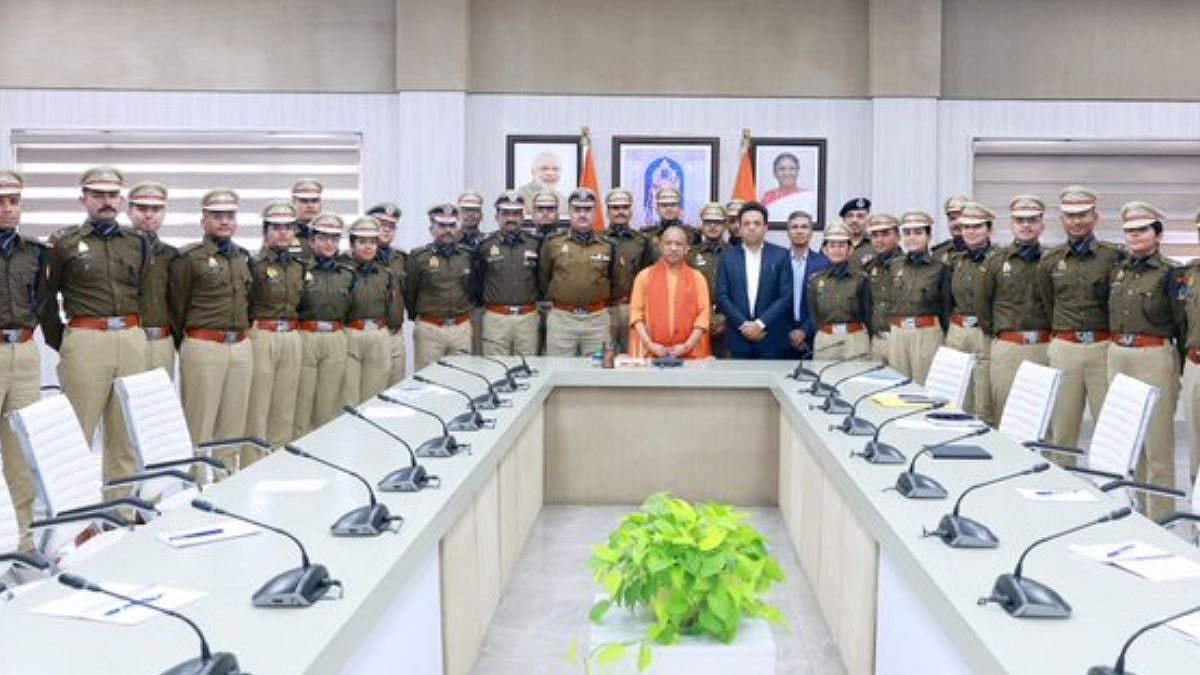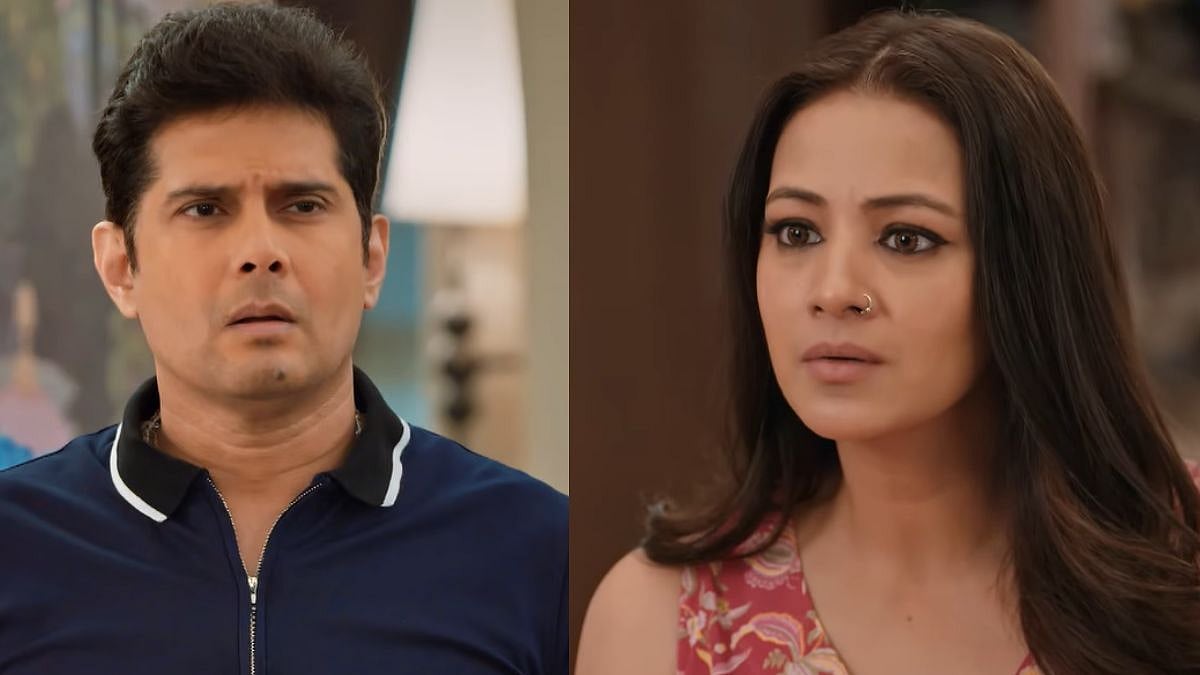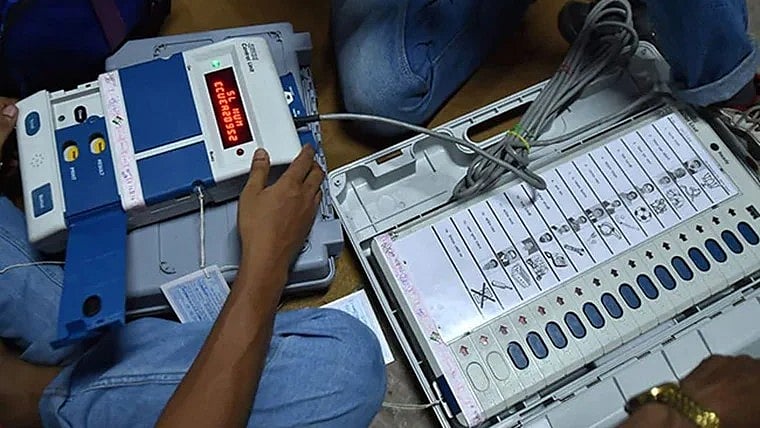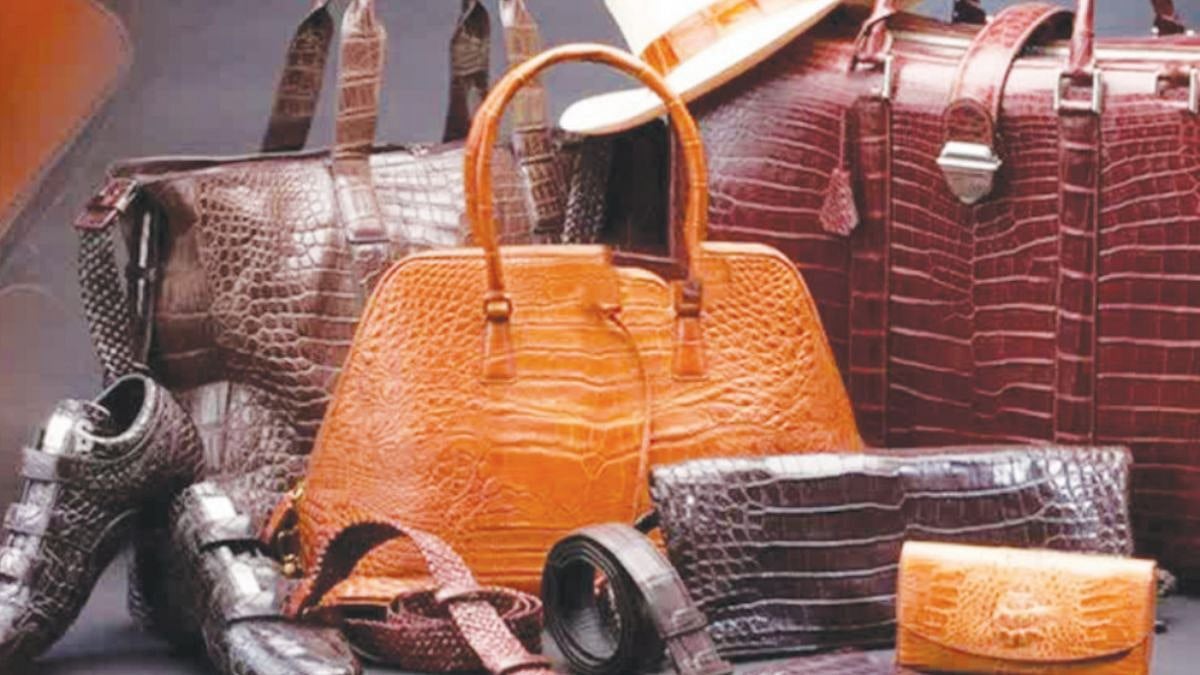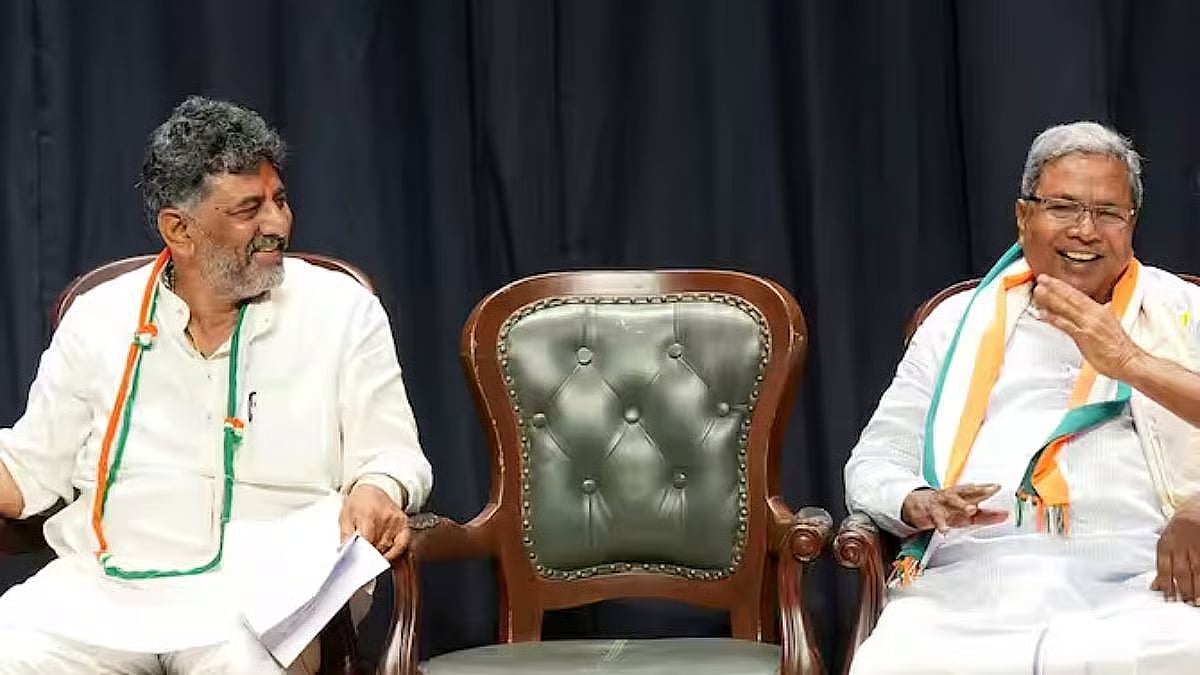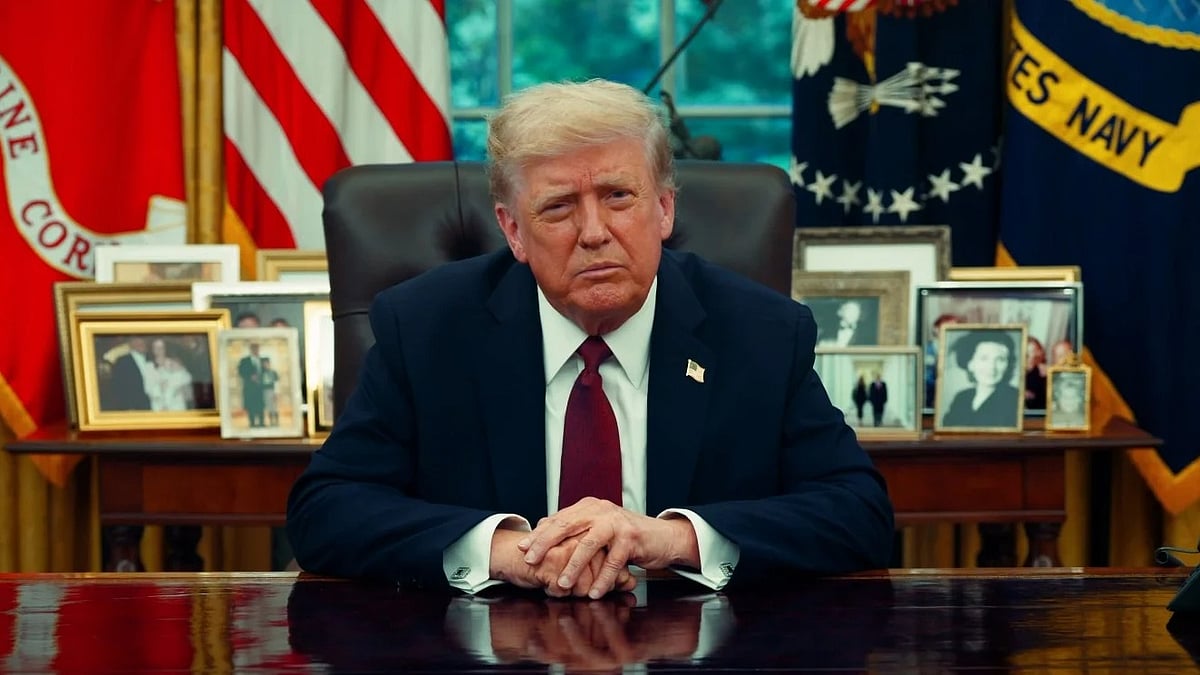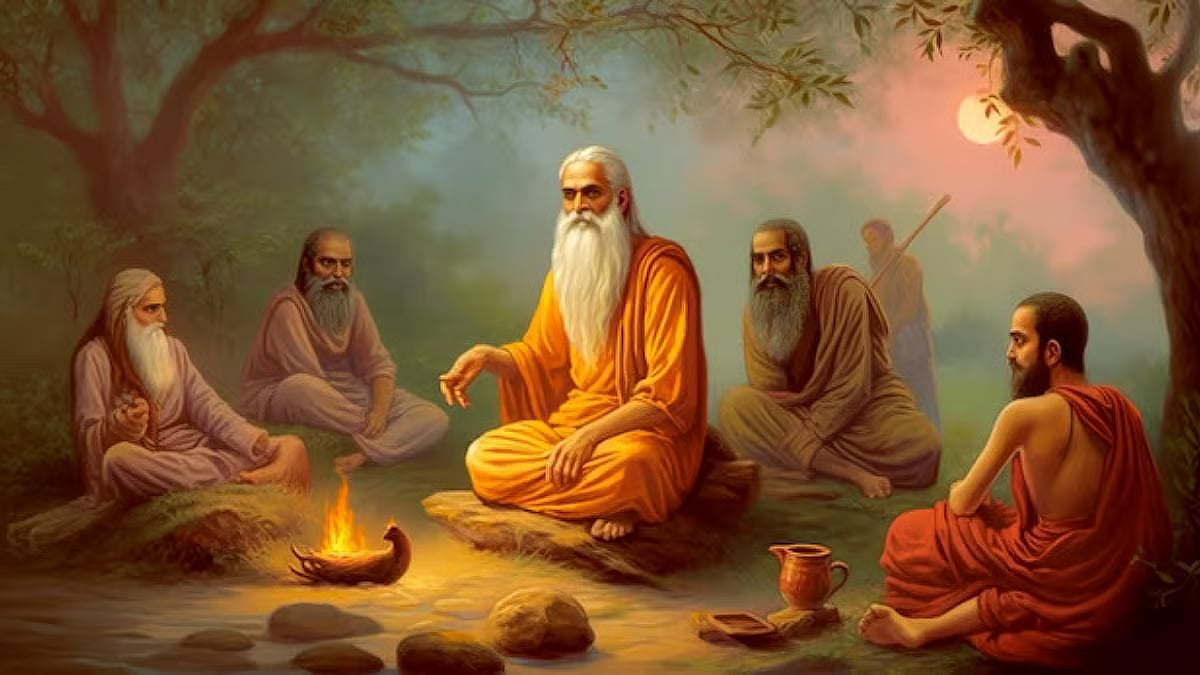The nation is preparing to celebrate the 75th anniversary of Independence on August 15. An impression is being created that every Indian is looking forward to the day, to hoist the national flag on homes, on the appeal by Prime Minister Narendra Modi.
Much has already been said about how the Rashtriya Swayamsevak Sangh (RSS), with Modi as one of its ideologues, had refrained for the first 52 years of Independence, from hoisting the national Tricolour at its headquarters in Nagpur.
The national flag is of course a matter of pride, but that is not the only sign of patriotism. Carrying the national flag or hoisting it on Independence Day is not enough to show love for the nation. The contribution of every individual and the leaders to national development is more important than merely carrying the national flag.
Looking at the state of affairs in the country, several Freedom Fighters have expressed their anguish and have stated that this was not the free India of their dreams. Many of them had sacrificed their careers or given up a luxurious life to fight for not just India’s freedom, but to give all Indians quality life in free India.
A vast majority of the Freedom Fighters, belonging to various political thoughts and ideologies, stood for an India, which is united and not divided over castes, language or religion. Much as the British and their Indian agents tried to fan communal hatred among the people, the public at large did not fall prey to it. These agents did not want an India with a strong bond between the Hindus and the Muslims. They did not accept the Indian Tricolour, which at that time was a symbol of protest against the British and the strength of those fighting for India’s freedom. The British agents either wanted a Hindu India or a Muslim Pakistan, they rejected the Tricolour and wanted either the saffron or the green flag.
Those demanding a Muslim Pakistan won, but millions of Indians belonging to different religions and faiths rejected the two-nation theory and vowed to ensure that India would not be a Hindu country. Attempts are being made to make it a Hindu nation; however, the majority of the people are bound to reject it and those who love the nation should reject such a thought.
As we celebrate the 75th anniversary of Independence, we need to introspect if freedom has helped the larger section of the population.
Freedom is meaningless when lakhs of people end their day on an empty stomach, worry about the next day’s earning or meal and dream of having a shelter over their heads. They are used to a life of deprivation and feel it is their fate to live in poverty, be deprived of proper medical care, education and a quality life.
Those wanting to hoist the tricolour on their homes should ask themselves if India is seeing inclusive development, which is the right of every Indian. Governments have lopsided priorities; those in power have emphasised on development of infrastructure, but this is being done at the cost of those in the rural areas, where even roads are missing.
The public should question elected representatives, why millions do not get clean water as a matter of right. True patriotism is in questioning elected representatives on their role in nation building.
Rags to riches stories are always popular, but such stories of elected representatives are questionable. Instead of questioning the means by which many of them have amassed wealth, people stand by them and sing their laurels.
Those in power express anguish and anger that members of the opposition raise questions, which, according to them, shows India in a bad light. People with similar thinking had criticised one of the greatest filmmakers, Satyajit Ray, for depicting poverty in the country, through his films. India gets a bad name, not because it has a huge population of underprivileged, but because very little is being done to improve the standard of living of that population and because they do not have access to free or affordable education.
It is a shame that instead of giving free higher education at least to the underprivileged, the Prime Minister has criticised state governments giving free or subsidised education and/or subsidies to the people of the state.
In a truly independent and democratic country, benefits should go equitably to all sections of the society, yet it is seen that the privileged or big industrial groups are favoured by writing of loans collectively worth crores of rupees. If privileges to the have-nots are being criticised, the writing off of loans of such industrial houses or ultra-rich has to be condemned more strongly, as it is national wealth.
Another part of the national wealth, the Public Sector Units, are being sold to the private sector, this goes against the thinking of the true fighters for India’s freedom, as they comprised not just members of the Indian National Congress, but also those owing allegiance to socialism, communism and Marxism—all of them subscribing to socialist thought.
It is a sad state of affairs that freedom is being used for hate speech, while those speaking up against injustices in the society are often sent to jail.
It is time we take patriotism beyond the Tricolour.
The author is a senior journalist and media trainer. He tweets at @a_mokashi

